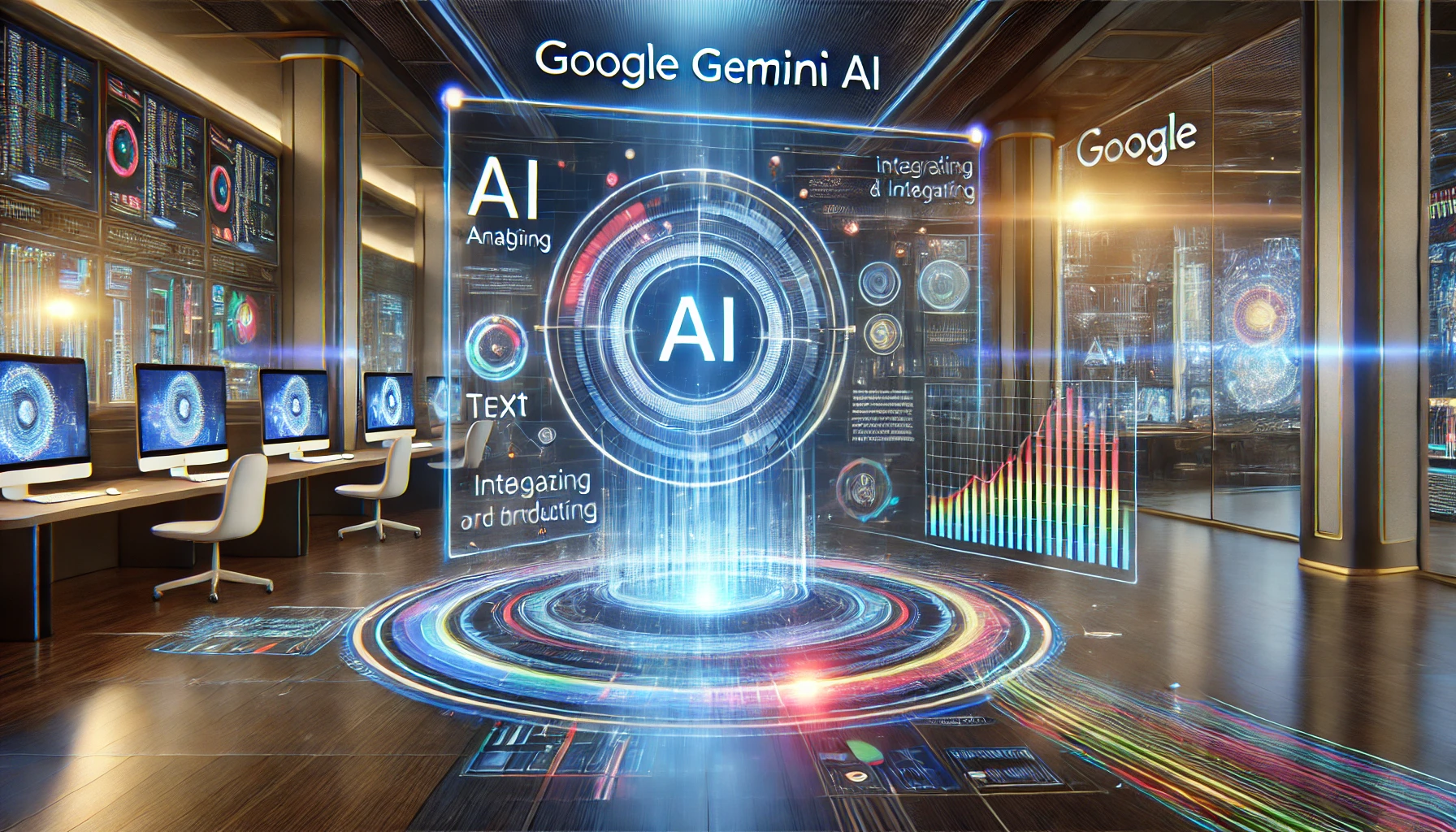
Google has recently launched Gemini, its most advanced and powerful artificial intelligence model. Gemini is short for Generalized Multimodal Intelligence Network, and it is designed to handle multiple types of data and tasks simultaneously. Gemini can understand and generate text, images, audio, code, and more, using a single unified model.
What is Gemini and how does it work?
Gemini is a large language model (LLM) that combines the language capabilities of ChatGPT-4 and the strengths of AlphaGo-type systems. ChatGPT-4 is a state-of-the-art AI model developed by OpenAI that can generate natural and coherent text on any topic. AlphaGo is a famous AI system created by Google’s DeepMind that can play the complex board game Go at a superhuman level.
Gemini uses a deep neural network with billions of parameters to learn from a massive amount of data collected from the internet and other sources. Gemini can process different types of data using different modalities, such as text, images, audio, code, etc. Gemini can also switch between modalities and perform cross-modal tasks, such as generating an image from a text description, or writing code from a natural language query.
What are the applications and benefits of Gemini?
Gemini has many potential applications and benefits across various domains and industries. Some of the examples are:
- Gemini can power Google Bard, a new AI chatbot that can have natural and engaging conversations with users on any topic. Google Bard can also provide useful information, suggestions, and entertainment to users.
- Gemini can enhance the AI features on Pixel phones, such as Google Lens, Google Assistant, Google Photos, etc. Gemini can help users with tasks such as translating text, identifying objects, editing photos, creating videos, etc.
- Gemini can help developers and programmers with coding tasks, such as debugging, testing, optimizing, documenting, etc. Gemini can also generate code from natural language or pseudocode inputs.
- Gemini can help researchers and scientists with data analysis, visualization, modeling, simulation, etc. Gemini can also generate novel hypotheses and insights from data.
- Gemini can help educators and students with learning and teaching tasks, such as creating content, quizzes, summaries, explanations, etc. Gemini can also provide personalized feedback and guidance to learners.
- Gemini can help writers and artists with creative tasks, such as generating poems, stories, songs, images, etc. Gemini can also provide inspiration and suggestions to creators.
What are the challenges and limitations of Gemini?
Gemini is not without challenges and limitations. Some of the issues are:
- Gemini requires a lot of computing power and resources to train and run. Gemini consumes a lot of energy and generates a lot of carbon emissions.
- Gemini may not always produce accurate or reliable results. Gemini may make mistakes or errors that are hard to detect or correct.
- Gemini may not always respect the privacy or ethics of users or data sources. Gemini may access or use sensitive or personal data without consent or awareness.
- Gemini may not always align with the values or goals of users or society. Gemini may generate harmful or biased content that may offend or mislead users.
Conclusion
Gemini is Google’s latest innovation in the field of artificial intelligence. Gemini is a multimodal intelligence network that can process multiple types of data and tasks simultaneously. Gemini has many potential applications and benefits across various domains and industries. However, Gemini also has many challenges and limitations that need to be addressed carefully.





